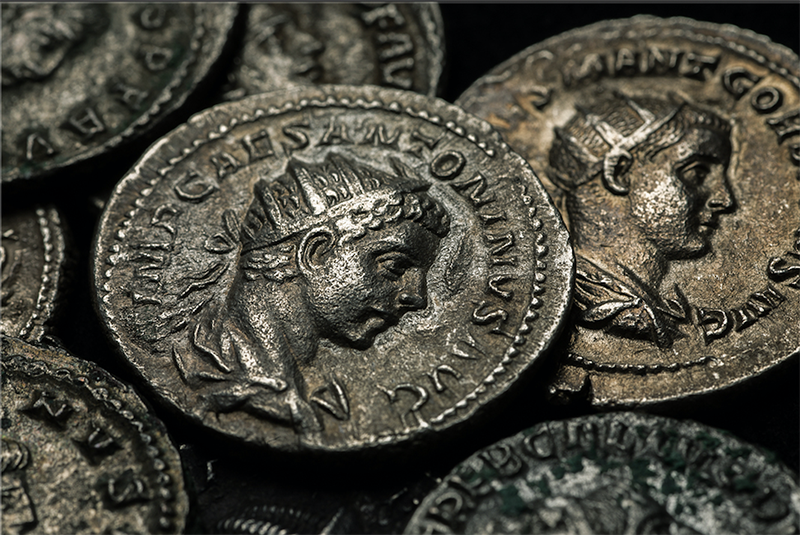Rev José Mario O. Mandía
jmom.honlam.org
Man is composed of body and soul. Both body and soul need to be cared for. For the care of his soul, there is the Church. For the care of his body, there is civil society.
In both Church and civil society, there is an authority. Hence, Jesus taught His Apostles to respect not only Church authorities, but also civil authorities. He summarized it in the following maxim: “Render therefore to Caesar the things that are Caesar’s, and to God the things that are God’s” (Matthew 22:21).
The CCCC (no 405) teaches us: “Every human community needs a legitimate authority that preserves order and contributes to the realization of the common good. The foundation of such authority lies in human nature because it corresponds to the order established by God.”
Authority is needed for the sake of the common good, which “involves: respect for and promotion of the fundamental rights of the person, the development of the spiritual and temporal goods of persons and society, and the peace and security of all” (CCCC 408).
DISTINCTION BETWEEN CHURCH AND STATE
The Church and the state are different from each other in their respective origins, aims, roles, and the means they employ.
ORIGINS. The Church and the state are distinct from each other because the Church has its origin in God, while the state arises from man’s social nature.
AIMS. They are distinct because the Church has a supernatural aim, while the state has a temporal one.
ROLES. In addition, they are different from one another because the Church and the state have different roles. Thus, they cannot interfere with each other’s functions. Nonetheless, they have to work with one another because they are both meant to serve man and their work overlap in certain areas.
The Church works to achieve the supernatural common good, that is, (1) the glory of God and (2) the salvation of souls (cf Matthew 28:19-20). Nevertheless, she also has to be concerned about the right ordering of temporal things to lead men (body and soul) to the supernatural end. Hence, the Church also contributes to human progress.
The state works to achieve the temporal common good of civil society. However, this cannot be achieved without certain spiritual goods such as peace, order, justice, freedom, culture and the like.
MEANS EMPLOYED. The Church and the state are different also in the means that they use to achieve their respective ends. The Church makes use of supernatural means: prayer, preaching the Gospel, administering the Sacraments. But she does need to use material means to achieve her end. The state makes use of material means, but can greatly be helped by the prayers of the Church.
HARMONY, NOT OPPOSITION
Both the Church and the state have to work towards integral human development. Each one enjoys autonomy, but both have to work in mutual respect, collaborating with each other in service, within each one’s sphere of competence.
The CHURCH must respect and encourage the political freedom and responsibility of the citizens. It can pass moral judgments on political, economic, or social matters which affect faith and morals. The Church should do this without forgetting and always observing the supreme law of charity (cf I Peter 3:15-16).
The STATE, on the other hand, must recognize the right to religious freedom.


 Follow
Follow


